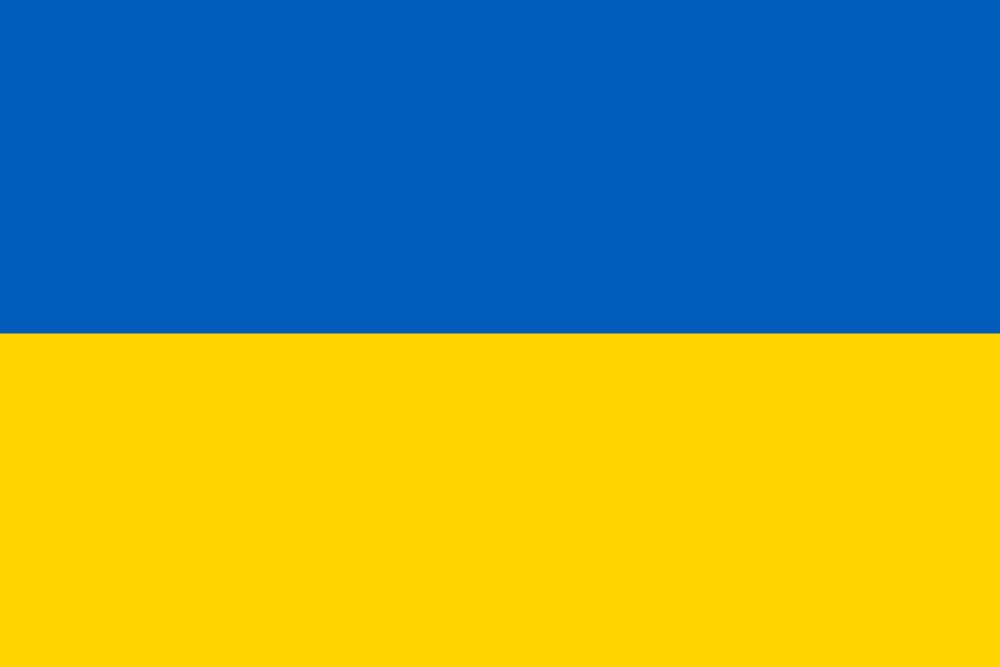Conflict Developments
The armed forces of the Russian Federation (hereinafter: Russia) continue to launch attacks across frontlines. Despite the large-scale mobilisation of its military resources, Russian troops have not been able to break through Ukraine’s line of defence.
The Chief Commander of the Armed Forces of Russia, Valeriy Gerasimov, arrived in Izyum on Thursday 28 to personally take over command of the regional offensive.
Russian forces continue to shell military targets and critical infrastructure as well as Ukrainian settlements.
Recent attacks include:
A field hospital located on the premises of the Azovstal steel plant in Mariupol was destroyed by an airstrike on Wednesday night. The targeting of hospitals violates international humanitarian law.
Kyiv has been subject to shelling during the visit of the Secretary-General of the United Nations, António Guterres, to Moscow. Targets hit in Kyiv include a residential house in the Shevchenkivskyi district and the premises of the Artem power plant.
A heat and power station in Kremenchuk has been shelled. The destruction of the station risks cutting 180 000 individuals from heating and water supplies.
13 residential houses have been burnt down due to shelling in Lysychansk. The city has been cut off from its water supply and according to the Head of the Luhansk Military Administration, Serhiy Haidai, repairing water infrastructure will only be possible once hostilities cease.
An air-to-surface cruise missile has hit a residential district in Zaporizhzhia.
In Mykolayiv a construction plant, an educational institution and residential houses have been shelled by rocket artillery.
Other regions subject to shelling include the Dnipropetrovsk and Chernihiv oblasts.
Ukrainian officials have recorded more than 100 cases of ecocide and more than 1200 cases of environmental damage caused by the Russian forces. Reported damages include explosions, forest fires, and chemical contamination.
An exchange of prisoners of war has taken place freeing 33 Ukrainian combatants and 12 civilians.
Humanitarian Dimensions
Russian troops continue to terrorize Ukrainian residents in the territories under Russian control. Russian forces have also been reported to have confiscated agricultural products from local farmers and continued the pillaging of cultural property.
According to data from the Head of the Donetsk Oblast Military Administration, Pavlo Kyryleno, more than 270 000 people have been evacuated from territories held by the Ukrainian government in the Donetsk oblast since the beginning of the invasion. Approximately 370 000 inhabitants remain in the government- controlled parts of the oblast.
More than 2 million Ukrainians have been internally displaced due to the Russian invasion. Approximately 60% of the inhabitants of the eastern parts of the country have been displaced.
More than 1 million people are estimated to have been deported by the Russian forces, some of whom have been forcibly moved from Ukraine to Russia.
The Russian military administration is planning to introduce the Russian rouble as of May 1 in the occupied territories of the Kherson oblast. The rouble will first be used alongside the Ukrainian hryvnia, enabling a gradual switch to the Russian currency.
Information Warfare Dimensions
Narratives regarding the losses incurred by the Ukrainian army and the successes of the Russian forces are being widely circulated in the Russian information space.
Articles and news regarding Russia’s humanitarian missions in the Temporarily Occupied Territories of the Donetsk and Luhansk Oblasts (TOTDLO) are being disseminated across Russian platforms. The United Russia party has announced the establishment of the Humanitarian Cooperation Staff unit responsible for providing aid in the TOTDLO. Furthermore, Russian Muslim communities are reported to have sent humanitarian cargoes to the occupied territories.
Russian officials continue to dismiss evidence and accusations regarding war crimes the Russian army is alleged to have committed in Ukraine, including in Bucha. In the meantime, Russian officials continue to accuse Ukraine of spreading falsified information and committing mass killings in its own territory. For example, a former weapons inspector of the United States Department of Defence has reportedly stated that pro-Russian Ukrainians were among those killed in Bucha. According to Russian sources, claims related to Russia’s responsibility for mass killings are being perpetrated by western nations in order to legitimize the imposing of new sanctions against Russia and to lengthen the conflict in Ukraine. Russian officials regard the sanctions imposed by Europe and the United States as illegal.
Russian-backed media in Crimea has spread narratives regarding the threat posed by Ukraine in Crimea and the terror attacks Ukrainian forces are planning to launch in the near future. For example, the Russian Federal Security Service has reportedly detained a former Ukrainian marine who was planning an attack on a shopping mall in Simferopol. The fear of terrorism has been used to accelerate calls to mobilize the residents of the peninsula against Ukraine. However, Russian accusations regarding Ukrainian terrorism are not limited to Crimea.
Russian media sources have published articles stating that hostilities have ceased and life has gone back to normal in Mariupol. As an example, the departure of the first cargo ship from Mariupol has been announced. No information regarding the details of the vessel nor its final destination has been shared.
Russia has announced the opening of a humanitarian corridor for civilians fleeing Mariupol for Russia. Official Russian sources continue to insist that Ukrainian officials refuse to collaborate in the setting up of humanitarian corridors.
Messages accusing the Ukrainian army of taking advantage of civilians for military gains are being circulated across the Russian media landscape.
This Ukraine Situation Report is prepared in the framework of the project “Building Resilience in Conflict Through Dialogue” funded by the European Union


